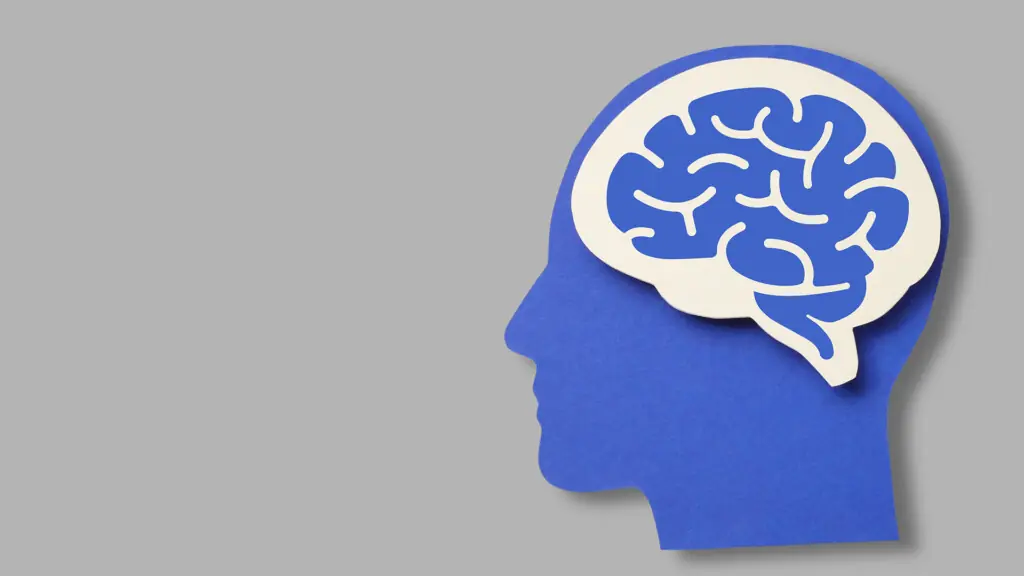Although one in three of us is likely to develop dementia, research has lagged. Two new studies are focused on the early diagnosis of the disease.
Towards the end of August, Emer MacSweeney, co-founder of Re:Cognition Health, told Healthcare Today that it’s not unreasonable to be cautiously optimistic that we are moving to “a turning point” where prevention of Alzheimer’s will be possible.
Earlier this year, the World Health Organization pointed out that dementia is currently the seventh leading cause of death and one of the major causes of disability and dependency among older people globally and costs economies globally £960 billion in 2019.
Although one in three of us is likely to develop dementia – a figure that is probably accurate and rising with age – Laurence Geller, Britain’s largest philanthropic supporter of dementia care research, pointed out that just 20-25% of the funding that goes into cancer research is allocated to dementia.
“Only recently have major pharmaceutical companies begun reinvesting – there are now, I believe, around 16 to 19 promising trials underway – but even these focus on addressing aspects of the disease rather than offering a cure,” he said.
It is a challenge that is being recognised by the government, which has noticed that more research and development are needed in this field. Earlier this year, the government backed four new research projects with £6.7 million funding to focus on developing technologies to help dementia patients manage memory loss, communication difficulties and cope better with everyday tasks.

Passive test
But two new studies point towards a cure for the illness. First of all, a simple brainwave test developed by researchers at the University of Bath and University of Bristol has been shown to detect signs of memory impairment linked to Alzheimer’s disease years before clinical diagnosis is typically possible.
Their Fastball EEG, a three-minute passive test that records electrical activity in the brain while participants view a stream of images, can reliably identify memory problems in people with mild cognitive impairment, a condition that can lead to Alzheimer’s.
“We’re missing the first 10 to 20 years of Alzheimer’s with current diagnostic tools. Fastball offers a way to change that – detecting memory decline far earlier and more objectively, using a quick and passive test,” said George Stothart, a cognitive neuroscientist in the department of psychology at the University of Bath.
As Eleftheria Kodosaki, neuroimmunology postdoctoral research fellow at University College London, pointed out in The Conversation: “Crucially, the test is fast – lasting only three minutes. It also doesn’t rely on the participant’s effort, mood or test-taking ability, which can influence cognitive test results. It can also be done at home or in a GP’s office, which might reduce anxiety for patients and make it easier to reach a larger group of people.”
The results of the study have been published in the journal Brain Communications.
A blood test
The other study is also aimed at early identification of the illness.
Led by Jonathan Schott and Ashvini Keshavan, both from the UCL Queen Square Institute of Neurology, the study is investigating whether a blood test that measures the protein p-tau217 can improve the early and accurate diagnosis of Alzheimer’s disease.
Demonstrating its value in clinical practice could help deliver earlier and fairer access to diagnosis and future treatments across the NHS.
The trial will examine whether providing the blood test results to patients and their clinicians near the start of an assessment for memory and thinking concerns is able to aid diagnosis and guide decisions on further investigations and treatments.
Part of the Blood Biomarker Challenge, a multi-million-pound programme supported by Alzheimer’s Society, Alzheimer’s Research UK and players of People’s Postcode Lottery, the study aims to recruit 1,100 participants through NHS memory services and will include people from diverse geographic, ethnic and economic backgrounds, and those living with other health conditions to ensure the findings are relevant and inclusive of the broader population.
The team has already assessed and validated the accuracy and performance of the p-tau217 blood test, which is now established in the National Hospital for Neurology and Neurosurgery’s NHS Neuroimmunology and CSF Laboratory. The team is now running a clinical trial to demonstrate that the test is accurate, cost-effective, and suitable for integration into routine care across NHS memory services.
“After decades of research, we now have a blood test for Alzheimer’s disease that is backed by strong scientific evidence and provides comparable information to other gold-standard diagnostic tests, such as PET scans and lumbar punctures, yet is far more accessible and cheaper,” said Schott.



